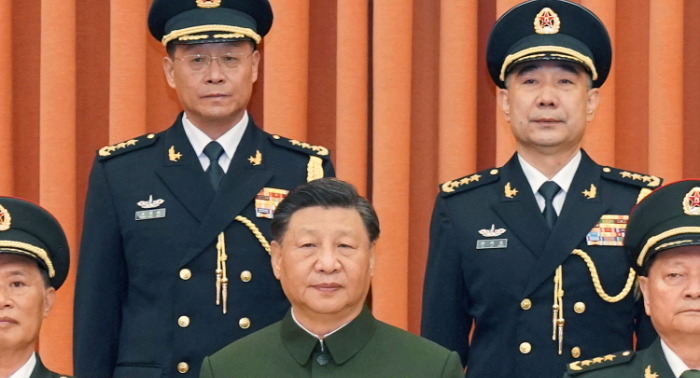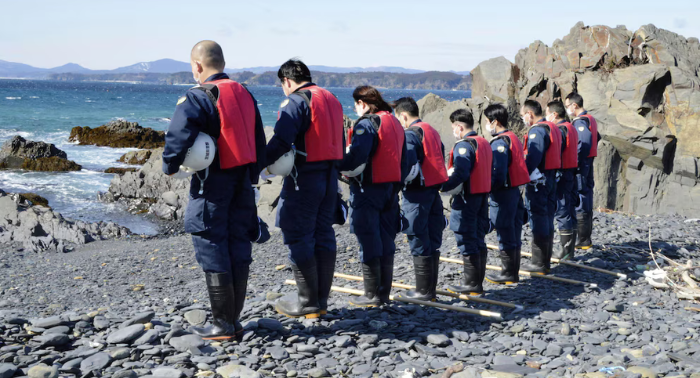The Chinese military’s exploration of marine-based neurotoxins with potential dual-use applications is sparking concerns within the U.S. government about the development of a new generation of biological weapons for potential future conflicts, according to an annual arms control compliance report from the State Department.
Released earlier this month, the report highlights China’s involvement in biological activities that could have applications for biological weapons, including the potential development of toxins for military purposes. This raises doubts about China’s adherence to the 1975 Biological Weapons Convention (BWC), which China ratified in 1984. The revelations come from The Washington Times’ Bill Gertz.
While China has previously developed various types of germ weapons like anthrax, cholera, and plague, this marks the first time its government has been implicated in the research of marine toxins.
The State Department report reveals that China did not disclose information about its military’s research into sea-based toxins in its regular reports to other nations involved in the BWC.
Marine toxins, occurring naturally, have the capability to target the central nervous system, and even minute quantities of these lethal poisons can prove fatal.
While civilian research in China has primarily focused on preventing marine toxin poisoning from seafood and shellfish, U.S. intelligence suspects that the People’s Liberation Army might be leveraging this research for weapon development.
Although the specific marine toxins under examination by the Chinese military were not detailed in the State Department report, a research report from March 2014 funded by the Chinese government’s National Natural Science Foundation of China identified anatoxins, saxitoxins, and tetrodotoxins as potential candidates for military use.
Conversely, discussions between China and the United States regarding biological and chemical weapons have been halted since the onset of the COVID-19 pandemic. However, U.S. officials indicate that efforts to address these concerns persist through alternative channels.
Nevertheless, critics like Thomas DiNanno, a former arms control official during the Trump administration, accuse the State Department of neglecting to confront China about its research into marine toxins, suggesting a failure to address potentially contentious issues.
Furthermore, the Commerce Department previously imposed sanctions on the PLA Academy of Military Medical Sciences and its affiliates in 2021 for their involvement in the development of “brain-control weaponry,” unrelated to marine toxins.




